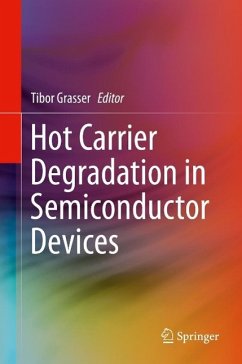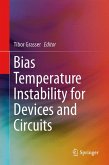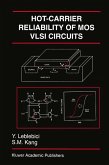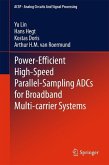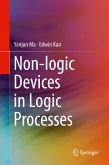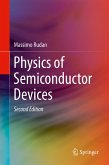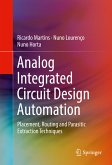. Describes the intricacies of hot carrier degradation in modern semiconductor technologies; . Covers the entire hot carrier degradation phenomenon, including topics such as characterization, carrier transport, carrier-defect interaction, technological impact, circuit impact, etc.; . Enables detailed understanding of carrier transport, interaction of the carrier ensemble with the defect precursors, and an accurate assessment of how the newly created defects impact the device performance. . Covers modeling issues starting from detailed physics-based TCAD approaches up to efficient SPICE-compatible compact models.
"Tibor Grasser and the authors of Hot Carrier Degradation in Semiconductor Devices have made a major contribution to the field of hot-carrier degradation. I am emeritus since 2006 and believe that, after reading these great chapters, I could work again at the cutting edge of hot-carrier transport, from the basic physics to modern device function and from compact modeling to detailed Monte Carlo simulations. This is a must read for anyone interested in the reliability of semiconductor devices."
Karl Hess Swanlund Professor Emeritus University of Illinois, USA
"Very few books can be found with special focus on microelectronics reliability. Written by noted experts in the field, this book offers a revealing look at various aspectsof the hot carrier effect and associated device degradations. It provides a valuable reference on hot carrier related physics, experimental measurements, modeling, and practical demonstration on state-of-the-art devices. Engineering professionals, researchers, and students can use this book to save time and learn from the experts, with a quick overview of an important class of semiconductor devices and focus on device reliability physics."
Steve Chung Chair Professor National Chiao Tung University, Taiwan
Dieser Download kann aus rechtlichen Gründen nur mit Rechnungsadresse in A, B, BG, CY, CZ, D, DK, EW, E, FIN, F, GR, HR, H, IRL, I, LT, L, LR, M, NL, PL, P, R, S, SLO, SK ausgeliefert werden.

